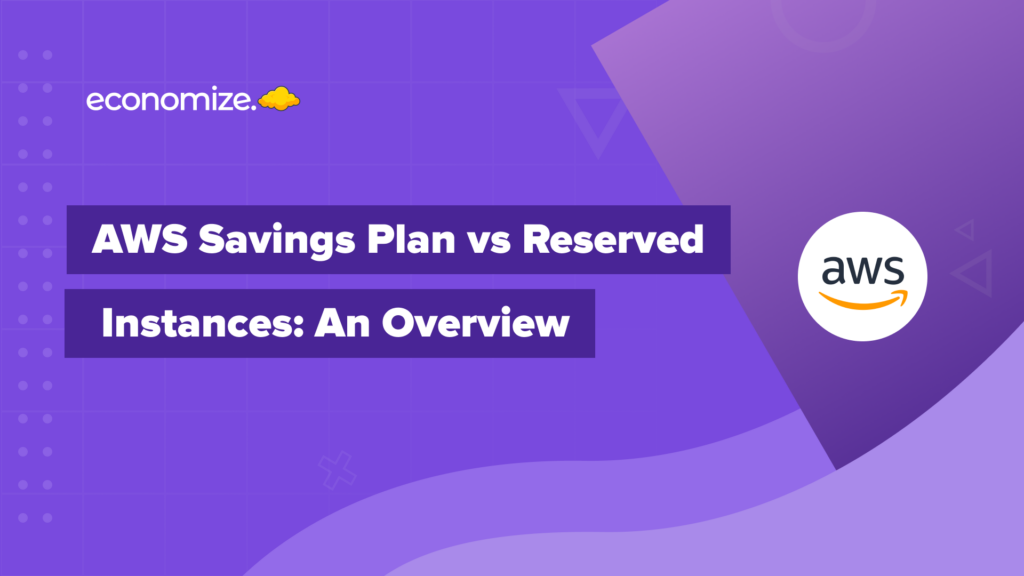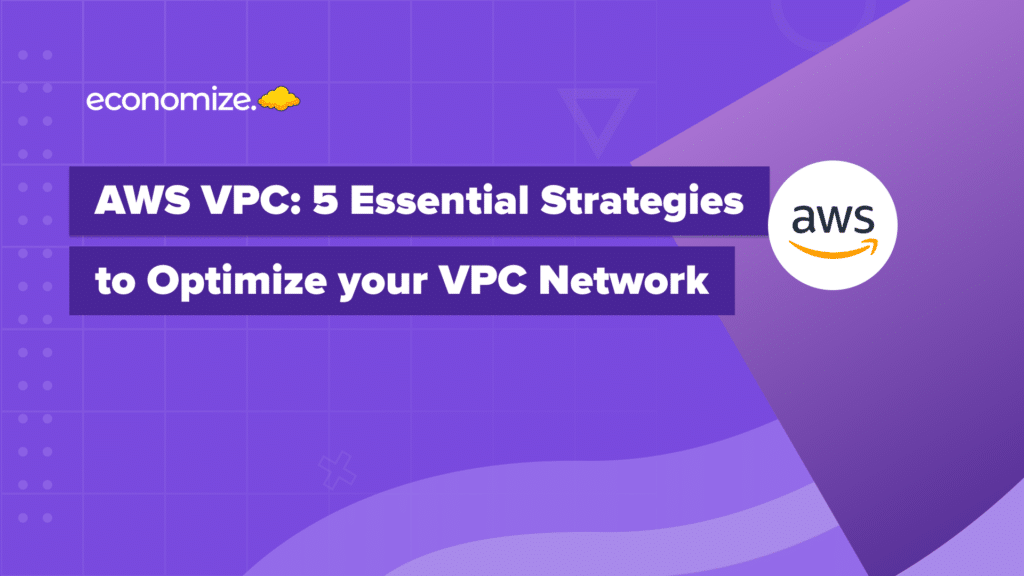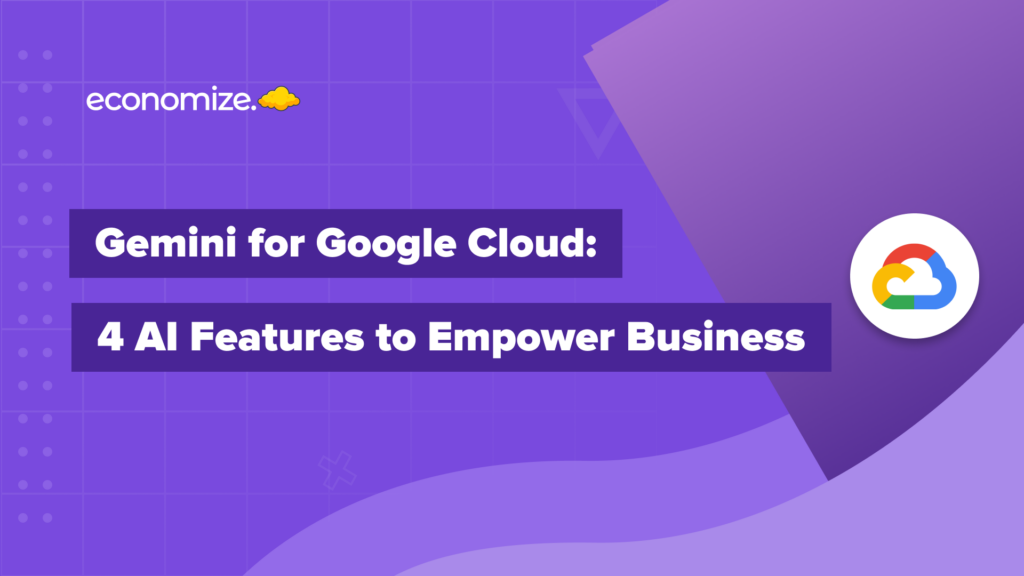According to Fortinet’s report, one in five organizations now hosts 75% of their workloads in the cloud. As a majority of IT organizations move to public cloud services, which often involves storing sensitive and personally identifiable information (PII), cloud security has skyrocketed to the forefront of concern.
One prevalent fallacy is that cloud environments are inherently secure and that traditional security tools, like firewalls, are sufficient for protection. This is a grave oversight as the cloud is neither more nor less secure than a physical server or data center. It requires a unique, comprehensive cybersecurity strategy tailored to the nuances of cloud environments.
To address these challenges, Google recently announced key AI enhancements to its Security Command Center during Google Cloud Next. These updates aim to elevate the cloud security paradigm by integrating machine learning and AI capabilities into the Security Command Center. This article will delve into these newly added features and their implications for Cloud Security Posture Management (CSPM).
The Importance of Cloud Security
The cloud has become a mainstay for organizations worldwide, especially those handling sensitive data like financial records, healthcare information, and personally identifiable information (PII). However, the cloud isn’t a walled fortress. While cloud providers are adept at securing data within their systems, they can’t safeguard against human errors or system interactions beyond their control.

Source: Fortinet
Let’s be clear: Most security breaches are not due to lapses in cloud providers’ security measures but rather human errors. These can range from stolen login credentials and disgruntled employees to inadvertent data deletions and insecure Wi-Fi connections.
Regulatory Compliance Standards and Penalties for Non-Compliance
Given the vital role of cloud security, various regulatory bodies have set stringent compliance standards. Failure to adhere to these standards not only compromises data integrity but also leads to severe penalties. Here are some of the major compliance standards:
PCI-DSS (Payment Card Industry Data Security Standard)
- What it protects: Ensures secure handling of credit card information and transactions.
- Penalties for non-compliance: Fines range from $5,000 to $100,000 per month.
NIST 800-53 (National Institute of Standards and Technology)
- What it protects: Provides a catalog of security controls for all U.S. federal information systems except those related to national security.
- Penalties for non-compliance: Potential loss of federal contracts and fines, which can be significant depending on the scale of the breach.
ISO 27001 (International Organization for Standardization)
- What it protects: Provides a framework for an information security management system (ISMS) and is applicable across various sectors.
- Penalties for non-compliance: Fines vary depending on the country, and non-compliance can also result in a loss of business due to reputational damage.
HIPAA (Health Insurance Portability and Accountability Act)
- What it protects: Safeguards the privacy of individuals’ medical records and other personal health information.
- Penalties for non-compliance: Fines can go up to $1.5 million per year, and criminal charges can also be filed.
Revolutionizing Security Measures with Google’s AI-Powered Solutions
Organizations face a myriad of security threats and challenges, including the exponential growth in cyber threats, shortage of skilled security professionals, and the intensive effort required to maintain optimal security outcomes. Google Cloud has recognized these challenges and is setting the stage for a seismic shift in how security is managed.

Tackling Core Challenges with Duet AI
- Holistic Approach: Google Cloud adopts a comprehensive strategy, focusing not just on securing AI workloads but also using AI to bolster security products. This encompasses posture, governance, and compliance controls for AI-based applications.
- Security AI Workbench: A cutting-edge platform built on Sec-PaLM 2, the specialized security foundation model by Google. This platform empowers Google’s own applications as well as partner and customer apps with AI-driven functionality.
- AI in Security Operations: Google Cloud Security AI Workbench will be integrated with Security Command Center Premium to provide near-instantaneous analysis of findings and probable attack pathways.
Workspace Supercharged with Generative AI
Google Workspace, the quintessential suite of productivity tools, is now equipped with AI-powered security and digital sovereignty controls. This not only enhances data protection but also aids in fulfilling compliance requirements. Aiding both enterprise and public sector organizations, Google is laser-focused on keeping users and data secure.
Security Command Center Premium’s New Capabilities
Unveiled at the RSA Conference, Security Command Center Premium now includes Security AI Workbench, offering:
- Simplification of Complex Issues: Designed to make security understandable for non-specialists, thus broadening the scope of defense.
- Efficiency: Significantly reduces the toil for cloud security professionals, helping them focus on critical findings.
- Transparency and Guidance: Provides human-readable explanations of possible attack pathways and cloud-specific remediation steps.

Google’s continuous innovation in security promises a robust defense against complex threats, leaning heavily on AI’s analytical and predictive powers. The fusion of AI with existing security services and products not only supercharges Google’s defense mechanisms but also ensures that organizations can stay one step ahead of adversaries.
Generative AI for Attack Path Simulation
Understanding vulnerabilities is only part of the puzzle; you also need to comprehend how an adversary might exploit them. Security Command Center Premium now includes attack path simulation capabilities.

This feature models potential multi-stage attacks that could exploit multiple vulnerabilities and target several resources. The attack path simulation can help your organization assess its overall risk level, allowing you to prioritize remediation strategies effectively.
Discovering Vulnerabilities with Security Command Center
The new summaries introduced in Security Command Center Premium directly answer essential security questions:
- What is the exact nature of the security issue?
- What risk does it present?
- Which resources and projects could be affected?
- What is the recommended remediation?
By answering these key questions, Security Command Center Premium not only relieves the toil for those responsible for protecting their organization but also empowers non-security specialists. This makes security tasks, previously deemed unreachable due to the lack of specialized knowledge, more accessible to a wider range of team members.
Security Command Center Service Tiers & Pricing Overview
Navigating the landscape of cloud security can be complex and costly, but Google Cloud’s Security Command Center aims to simplify this by offering two distinct service tiers: Standard and Premium. Below is a breakdown of these tiers and their respective pricing models to help you decide which best fits your organization’s needs.
Standard Tier Pricing
The Standard tier is an excellent starting point for businesses who are new to Google Cloud or have basic security requirements. The Standard tier offers fundamental features to secure your cloud environment and is available at no extra charge. This tier is suitable for organizations that don’t require advanced security posture management capabilities.
Premium Tier Pricing
For businesses with more complex security needs, the Premium tier provides advanced features such as Data Loss Prevention, Event Threat Detection, and Security Health Analytics. Charges apply for this tier, and they are separate from any other Google Cloud service fees you may incur. You can opt for either project-level activation or organization-level activation with Premium.
Pricing Table for Premium Tier (Project-Level Activation)
| Google Cloud Service | Security Command Center Premium Rate |
|---|---|
| Compute Engine | $0.0071 / vCore-hour |
| GKE Autopilot mode | $0.0071 / vCore-hour |
| Cloud SQL | $0.0071 / vCore-hour |
| App Engine – Standard | $0.001781 / instance-hour |
| App Engine – Flex | $0.0071 / vCore-hour |
| Cloud Storage | $0.002 / 1,000 Class A operations |
| Cloud Storage – IA | $0.0002 / 1,000 Class B operations |
| BigQuery on-demand compute | $1.00 / TB of data processed |
| BigQuery capacity compute | $0.00548 / slot hour |
Pricing Example:
For instance, if you consumed 50,000 vCore-hours, 100 BigQuery slot hours, and 5 million Class A operations in Cloud Storage in a month, your total cost for Premium tier would be $765.
Note: For more detailed and customized pricing, including organization-level activations and potential indirect charges, please refer to Google Cloud’s official Security Command Center pricing documentation.
Cloud Security Posture Management (CSPM) in GCP with Security Command Center
Cloud Security Posture Management (CSPM) is a crucial aspect of any cloud-based infrastructure, designed to help organizations identify and manage security weaknesses. Misconfigurations and vulnerabilities are often the weak links that lead to security breaches.
Centralized Dashboard
Google Cloud’s Security Command Center serves as an invaluable CSPM tool, providing a centralized platform for monitoring and improving your security posture. Once activated for an entire organization or a specific project, it automatically scans your Google Cloud environment to identify vulnerabilities and misconfigurations, generating findings that guide remediation efforts.
Security Command Center offers a suite of services like Security Health Analytics, Web Security Scanner, and Rapid Vulnerability Detection. It’s recommended to enable all relevant services for the most comprehensive coverage.
These services not only identify misconfigurations and vulnerabilities but also rank them by an attack exposure score, helping you prioritize remediation. For a tailored approach, you can define a set of high-value resources that align with your security priorities, thus ensuring that your most critical assets get the focus they deserve.
Integrations with Security Management Services
Maintaining a strong security posture is an ongoing effort, especially in dynamic cloud environments. Therefore, best practices recommend activating Security Command Center across all projects within an organization.
Integration with SIEM (Security Information and Event Management) and SOAR (Security Orchestration, Automation, and Response) platforms can automate the remediation process. Mute rules can be defined to suppress findings considered as acceptable risks or already mitigated through compensating controls. This way, Security Command Center empowers organizations to be proactive rather than reactive in managing their cloud security posture.
FAQs/ Also Asked
What is Google’s Security Command Center?
Security Command Center is Google Cloud’s centralized security and risk management solution. It helps organizations identify and remediate vulnerabilities, misconfigurations, and threats in Google Cloud environments.
What is Duet AI?
Duet AI is one of Google Cloud’s latest innovations aimed at supercharging security. It aims to address major security challenges, such as the growth in threats and the shortage of security talent, by infusing AI into Google’s cloud platforms.
What is the Security AI Workbench?
The Security AI Workbench is an industry-first extensible platform that powers Google Cloud’s security features. Built on the specialized security foundation model Sec-PaLM 2, the workbench enables both Google’s first-party applications and customer applications with AI-driven functionality.
How can I activate the Security Command Center?
You can activate the Security Command Center either for an entire organization or for a specific project. Once activated, it scans your Google Cloud environment for potential vulnerabilities and misconfigurations.
Is Google’s Security Command Center integrated with other Google Cloud services?
Yes, Security Command Center works seamlessly with other Google Cloud services such as Security Health Analytics, Web Security Scanner, and VM Manager. These services help to identify and remediate vulnerabilities and misconfigurations.
Can non-security specialists use Google’s AI-empowered security features?
Yes, one of the goals of Google’s AI-driven security solutions is to make complex issues simpler so that even non-security specialists can help defend against threats.
Conclusion
Google Cloud is at the forefront of revolutionizing cloud security, not just by reinforcing existing systems, but by integrating the innovative capabilities of AI. The introduction of Duet AI, Security AI Workbench, and AI-driven enhancements in Google Workspace are pivotal in transforming the security landscape.
These solutions are not just about defending against today’s complex threats; they are about foreseeing tomorrow’s vulnerabilities and mitigating them today. Google’s commitment to incorporating AI into security solutions ensures that organizations can look forward to a safer, more secure future.
Nearly 45% of respondents in a recent survey have replied that cost remains a major concern before implementing cloud security measures. At Economize, we use leading FinOps practices, and intelligent, AI-powered recomendations to help you gain real-time visibility and cost optimization capabilities.
Try out our demo. It’s free, it’s quick, and it’s effective. 5 minutes and your cloud budget will thank you.








